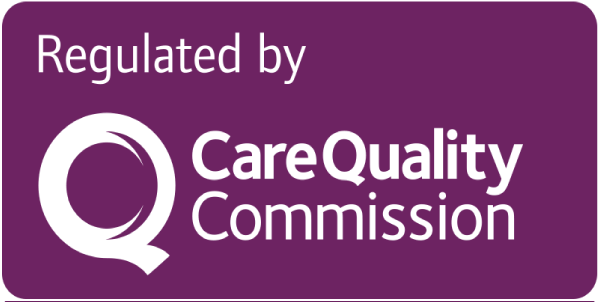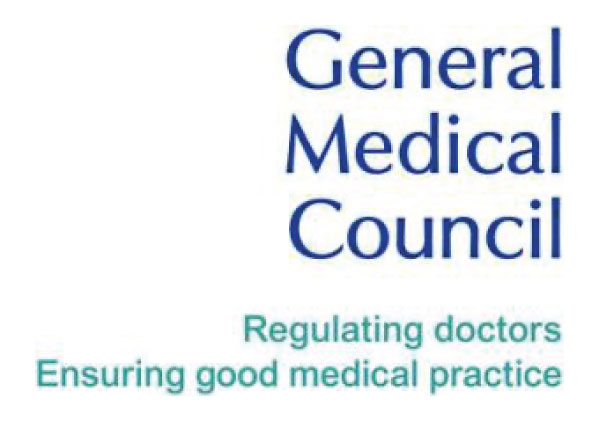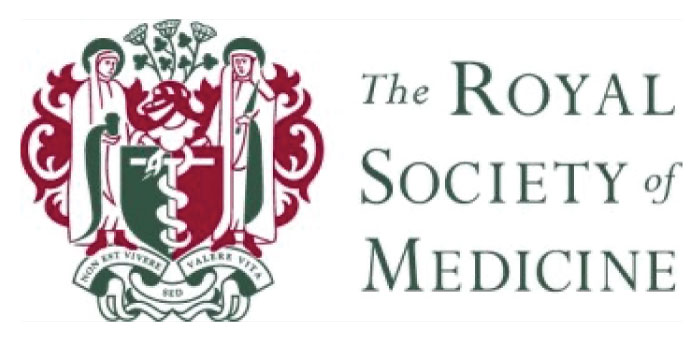
Navigating the Challenges of Delayed Menopause Diagnosis
Menopause marks a pivotal stage in a woman’s life, characterized by significant hormonal changes that affect both physical and emotional health. However, the journey to understanding and effectively managing these changes is often hampered by a common and considerable challenge: delayed diagnosis. This delay can lead to prolonged periods of discomfort and significant uncertainty, impacting the overall quality of life.
Understanding the Impact of Delayed Diagnosis
The consequences of not promptly recognizing menopause can be far-reaching. Women may endure persistent and debilitating symptoms such as hot flashes, mood swings, and sleep disturbances for years without proper diagnosis. This lack of recognition often leads to ineffective treatment plans that fail to address the underlying hormonal imbalances, exacerbating feelings of frustration and helplessness. Furthermore, the psychological toll of enduring unresolved symptoms can lead to a decline in mental health, compounding the stress and anxiety already associated with this transitional phase.
Exploring the Causes of Delay
Several factors contribute to the widespread issue of delayed menopause diagnosis:
- Awareness Gap: There is a notable lack of comprehensive understanding among both patients and healthcare providers about the symptoms and the biological timing of menopause. This gap in knowledge can lead to misinterpretation of symptoms or attributing them to other health issues.
- Symptom Variability: Menopausal symptoms are not uniform; they vary greatly among women and can mimic those of other conditions, making accurate diagnosis challenging.
- Societal Stigma: Often, there is a societal reluctance to discuss menopausal symptoms openly. Many cultures treat menopause as a taboo subject, which discourages women from seeking help or even discussing their experiences openly.
Personal Stories
Consider the experience of Jane, a 52-year-old who spent several years navigating the healthcare system. Misdiagnosed with depression and anxiety, her actual need was for a specialist in menopausal health who could understand that her symptoms were hormonal, not merely psychological. Like Jane, many women share similar stories of misdiagnosis and inadequate care, underscoring the critical need for more targeted education and sensitive handling of menopausal health.
Strategies for Improvement
Addressing the challenges associated with the delayed diagnosis of menopause requires a multifaceted approach:
- Enhanced Medical Education: Medical professionals need more training and resources to recognize the early signs of menopause promptly. This includes updating medical curriculums to include more comprehensive information on women’s hormonal health.
- Public Health Campaigns: Launching campaigns to raise public awareness about menopause can help normalize the conversation and destigmatize this natural life stage. Such initiatives can empower women to seek help and share their experiences more openly.
- Empowering Patients: Encouraging a dialogue between women and their healthcare providers about menopausal symptoms can lead to earlier recognition and more personalized care. Patient advocacy groups can play a vital role in facilitating this communication.
Conclusion: A Call to Action and Reflection
It’s imperative that we advocate for improved understanding and management of menopause. By sharing stories like Jane’s and pushing for educational reforms, we can enhance the journey for all women facing menopause. Recognizing the signs early and responding with effective, personalized care is essential for improving health outcomes. As we strive for greater awareness and better healthcare practices, let’s remember that every conversation about symptoms can lead to broader changes, ensuring that women receive the supportive care they deserve during menopause.
As the conversation around menopause evolves, it’s crucial that every woman feels empowered and supported to manage her health proactively. Menopause should not be a journey of isolation and struggle but one of understanding and holistic health.









